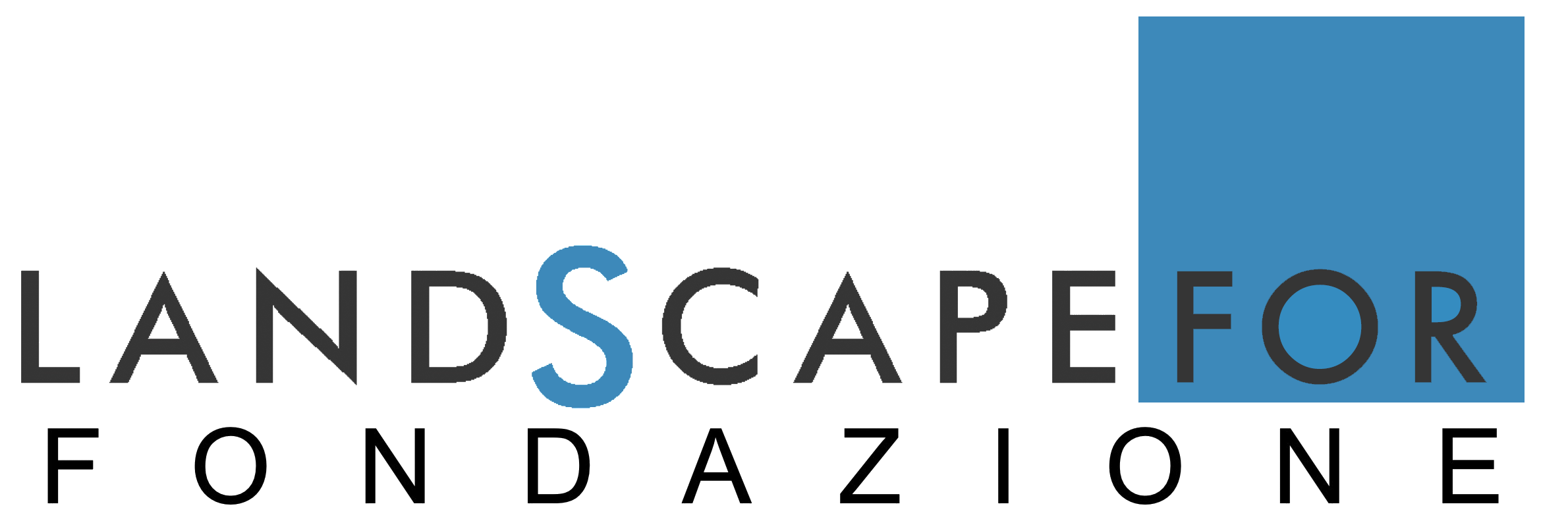Students are optimal users of AtlasFor, using a medium they are familiar with, such as the web, for historical and geographical knowledge of the territory.
The AtlasFor Scuola project proposes to make students play not only the role of users but also that of PRODUCERS of content. In fact, with AtlasFor Scuola students are taught to use the Atlas software to produce and order research, with the coordination of their teachers and the support of the LandscapeFor (ALS) Association technicians.
The results of the research and processing can be read in AtlasFor in separate compartments, accessible only to research participants. Where research results are of general interest, they are published in the part of the atlas that is accessible to all.
The students become de facto atlas editors and participate in this great cultural enterprise, acquiring on the other hand elements of a professional methodological approach for land research in the cultural-historical field, for the use of the IT tool and the web in the dissemination of iconographic and cartographic documents, for the communication and dissemination aspects in the development of texts and their version in different languages.
This activity fulfils both the requirements of class projects and the experimentation requirements of the ‘alternanza scuola-lavoro’ project, as per Law 107/2015, which can be variously balanced according to the programmes of the institutes or departments; this type of service has already been experimented with cycles of 80 hours in 6 high school classes in Turin. In addition, the MIUR has approved an experiment that will be conducted in the coming months in 4 schools in Turin, Nichelino and Chieri, where 8 high school classes will produce materials to be included in AtlasFor to ‘tell their own territory’ (this is the name of the project) and present it to the other students.
The activity takes place in a tried and tested operational sequence:
- It is decided in consultation between the association and school bodies on which aspects and areas to focus attention. In that field of investigation training and accompanying tutorials (a.k.a. ALF) enable the students to collect documentary material, to reference the sources, to order them in the form of a story in images, to provide explanatory captions, to translate them into foreign languages, and to technically process the images for posting on the web.
- The project is articulated in detail, again in collaboration with the SFA and school bodies, specifying in particular
- the skills to be acquired, referring to the training objectives of the curricula;
- the operational aspects: locations, themes, time development, duration, sequences;
- any opportunities or special learning needs of specific cases;
- the tasks, times and personnel involved (from the School and the LandscapeFor Association).
- The teachers identified as tutors are trained with a short direct course to acquire the skills to manage student work within AtlasFor.
- Participating students are trained with an initial course (8/10 hours, also on-line) in the use of the database, georeferencing and the specific LandscapeFor Atlas software, and how to write captions for the documents. Any in-depth studies (e.g. introduction to ‘Geographical Information Systems’, multimedia content management, image scanning and processing, document archiving criteria) are put in place on a case-by-case basis, according to specific needs.
- The students work in groups or individuals, at school or at home, referring to local libraries and other sources indicated by the teachers; they are assisted by a team of internal (teachers) and external (ASF) tutors, who ensure the accompaniment and monitoring of the skills acquired, drawing up a report on the progress of the training activity at the end; local libraries and, where possible, municipal administrations, are involved to set up collection points for documentary material that is not available on the network, to which students must have access for reproductions and inclusion in atlases.
- Students are assisted with online interventions on individual group activities, indicating corrections or solving difficulties in progress with remote assistance. Students can see the work of their peers and intervene. Each intervention is recorded with date and name of the operator; the elaborations finalised by the group can be submitted for ‘publication’ in the Atlas, subject to validation by a scientific committee. In any case, the elaborations can be downloaded at any time in .pdf format.
- Workshops are organised once or twice – during the course of the programme – for the mutual presentation of the work, with a comparison between the classes and illustration of the area and the areas investigated by each group (between different institutes in a given area).
- Activation costs are proportionate to the number of students and the services required, but in any case are attributable to the funds available for class training and school-to-work alternation, proportioning the commitments in terms of time and charges on the basis of the availability of each institute.




